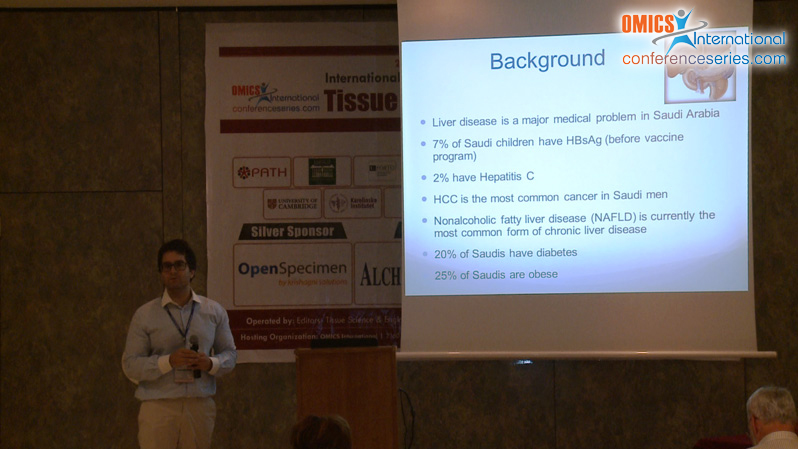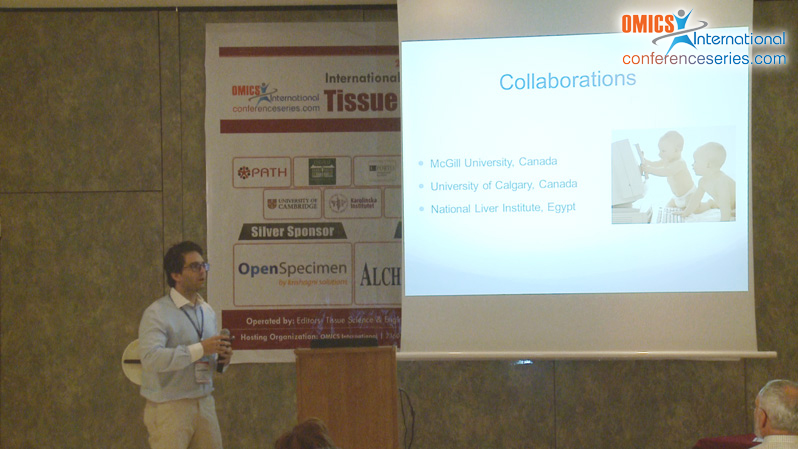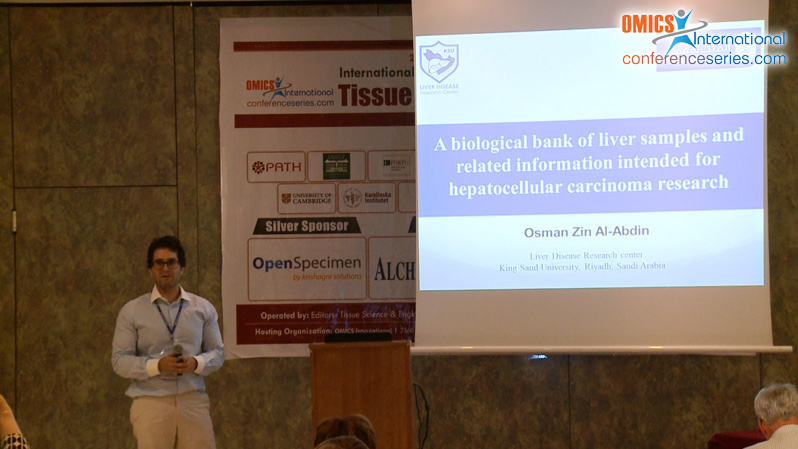
Osman Zin AlAbdin
King Saud University Medical City, Saudi Arabia
Title: A biological bank of liver samples and related information intended for hepatocellular carcinoma research
Biography
Biography: Osman Zin AlAbdin
Abstract
Hepatocellular carcinoma (HCC) is among the top 5 cancers in Saudi Arabia. We evaluated the feasibility of establishing a longitudinal cohort of the patients with various liver diseases at increased risk for HCC, namely HCV, HBV, NAFLD, and liver adenoma. We have outlined the ethical, methodological and technical issues of the biobank establishment process. As a result, we have aligned with the Biobank Resource Center (developed by the Canadian Tissue Repository Network in partnership with the UBC office of Biobank education and research) in order to adapt standardized SOPs and eliminate the numerous variables that can emerge around the process of collecting surgical tissues for research. The aim of our biobank is to provide research groups with a platform of web-based socio-demographic information, detailed longitudinal clinical data couples with high quality biological samples to properly interpret research data and ultimately promote the advancement of liver disease research. Singe database (SOLID) commenced in early 2010 and collected a total of 949 HCV, 1904 HBV, 403 NAFLD and 7 Primary liver neoplastic. In addition to banking fresh frozen liver tissue, the bank contains blood in which it is processed into serum, plasma, buffy coat, RNA and DNA extraction along with subcutaneous fat, visceral fat and abdominal muscle specimens from NAFLD patients. The methods, in which the fresh liver tissue is harvested for biobanking and in which the liver is sampled for histological assessment, correlates with the strict policies, procedures and appropriate controls that are adapted according to the Biobank Resource Center best practices. A well-developed biobank is a critical prerequisite for high-quality research. This review provides an outline of certain critical elements that would need careful attention as a liver disease biobank is developed.
Speaker Presentations
Speaker PDFs
Speaker PPTs Click Here




